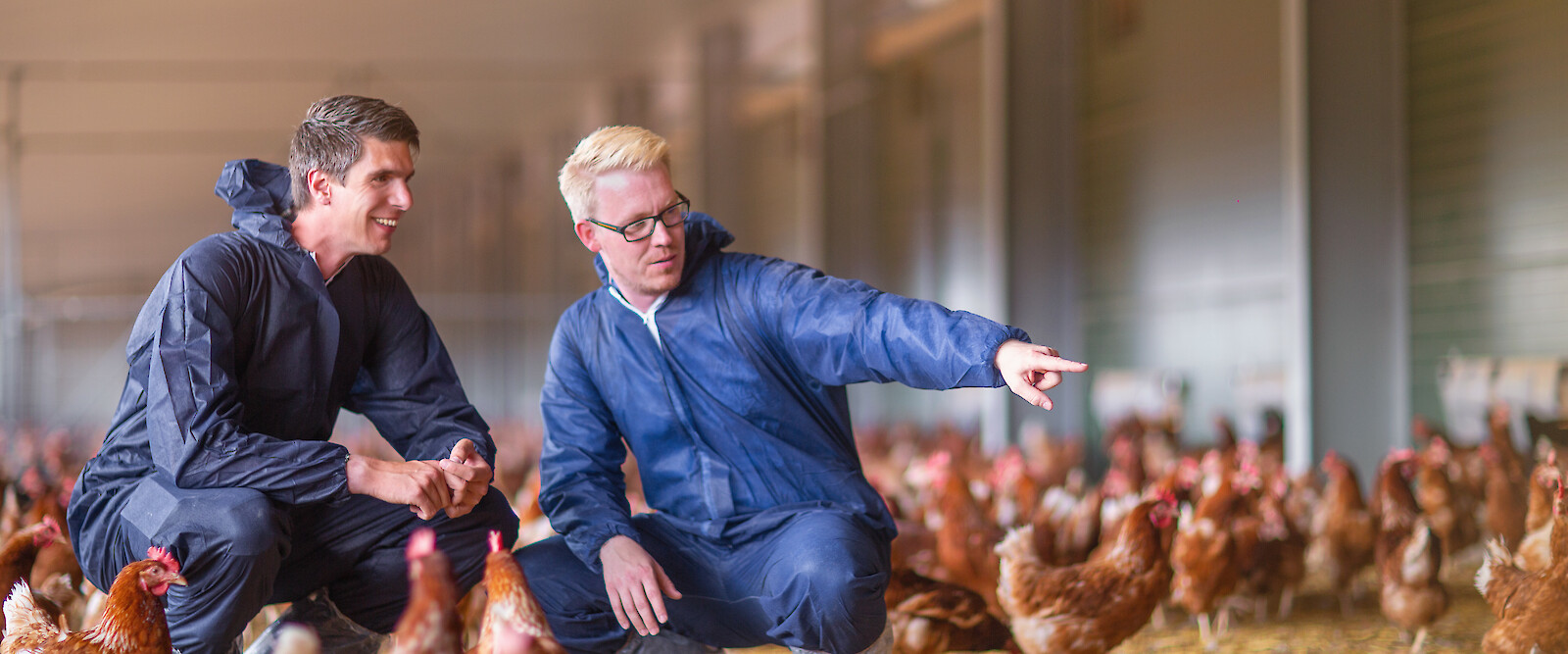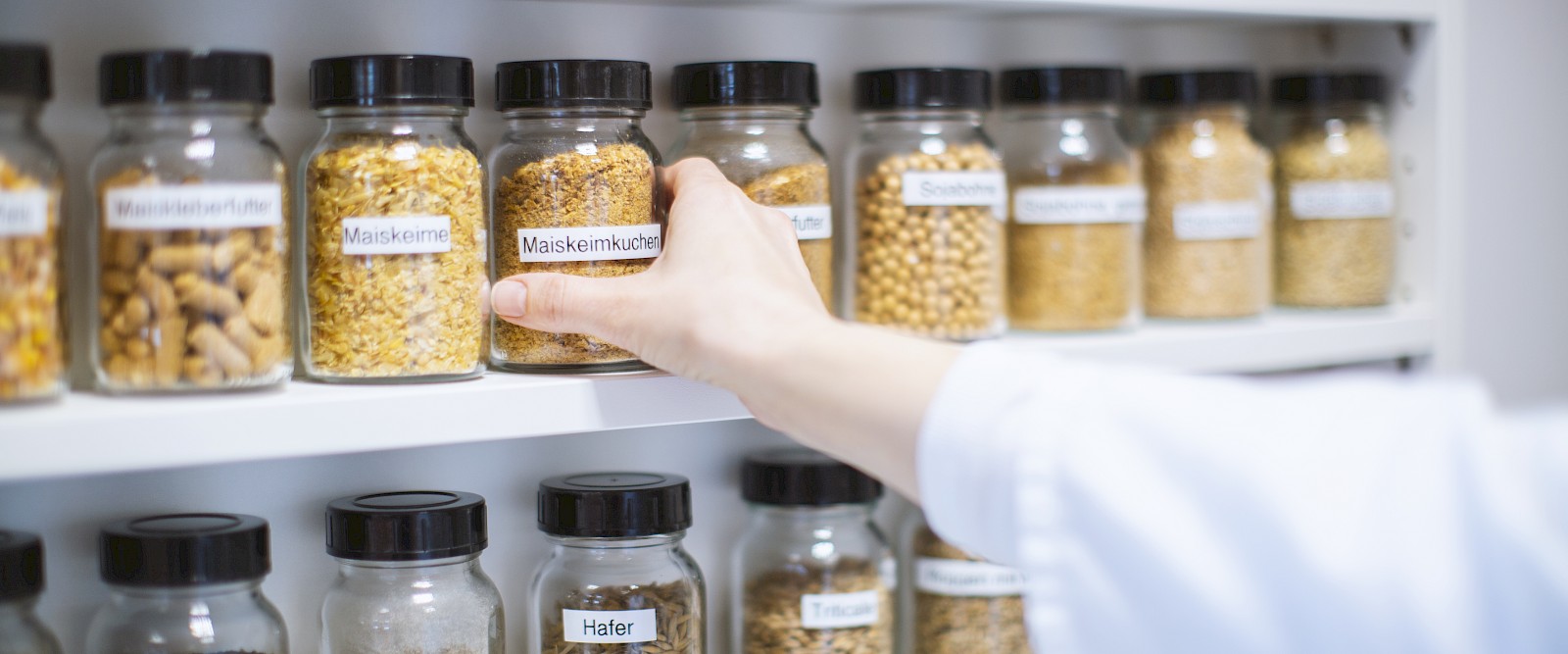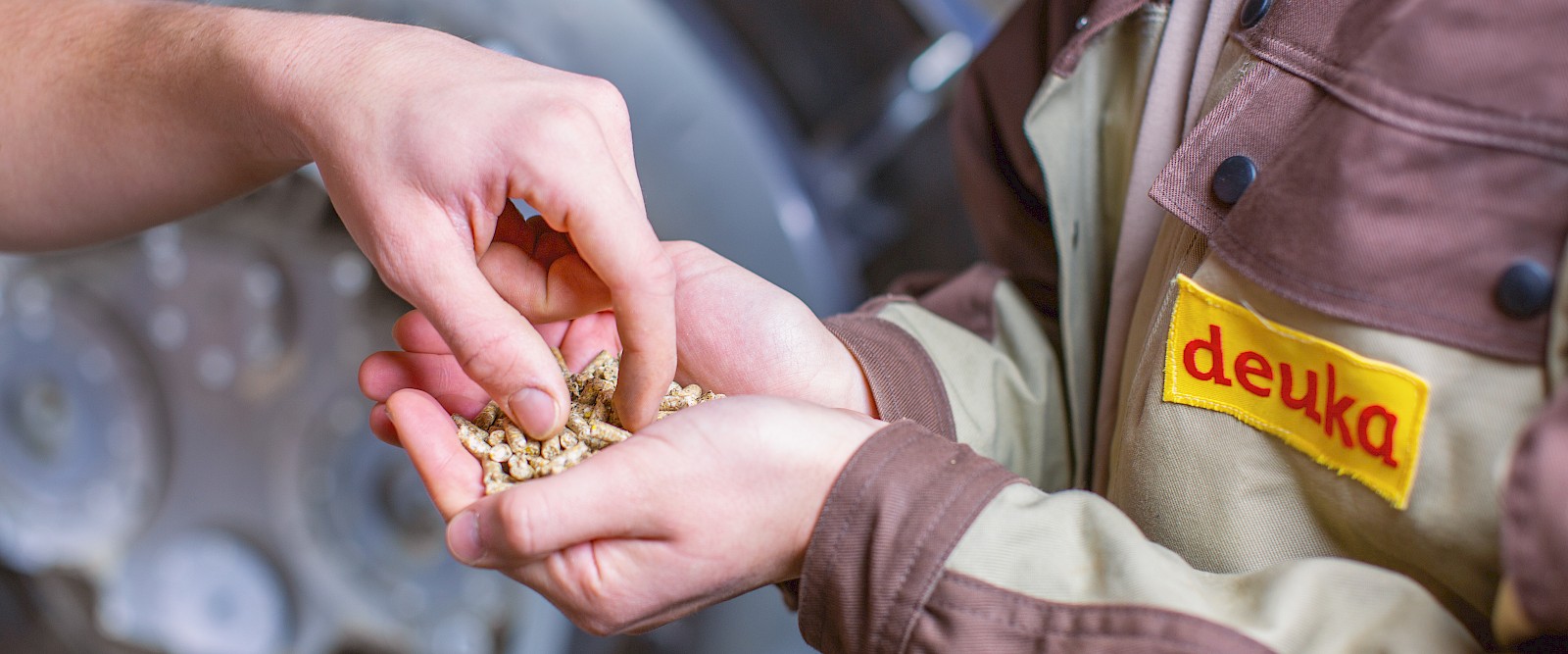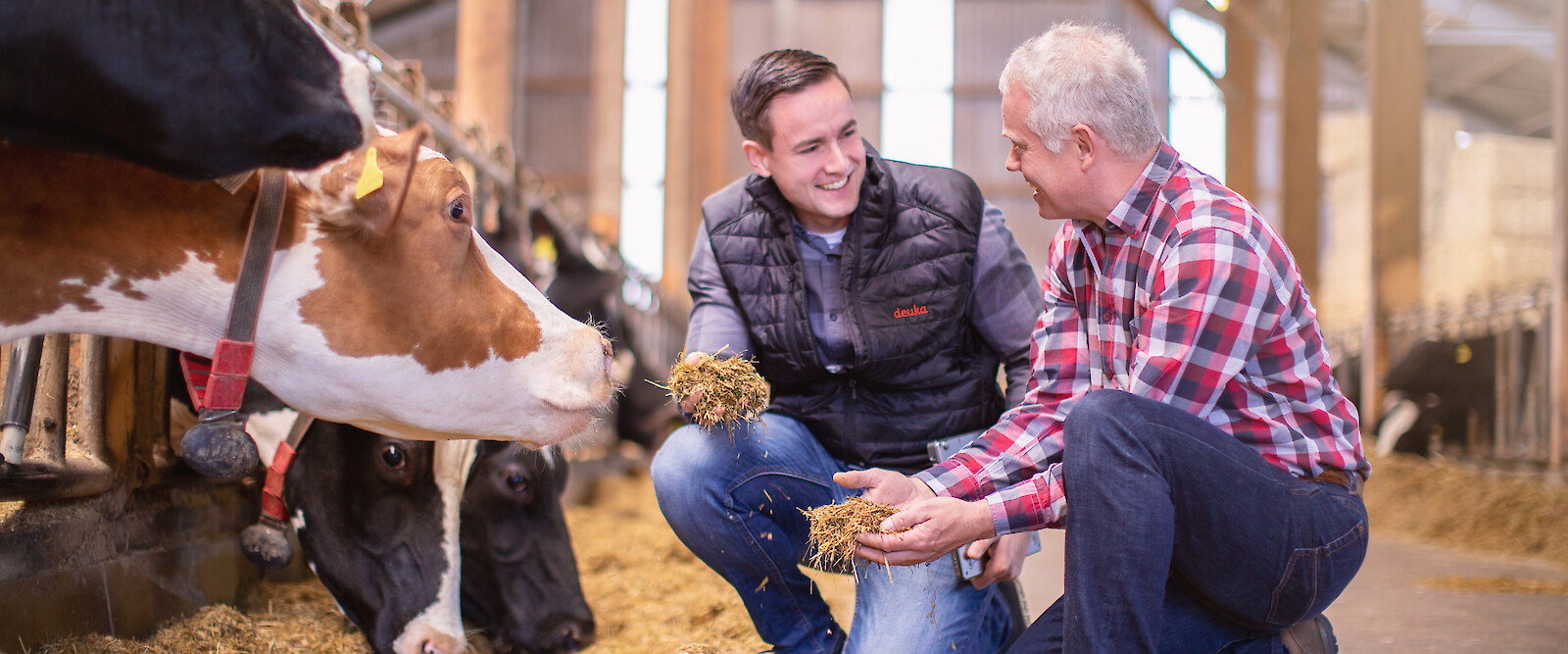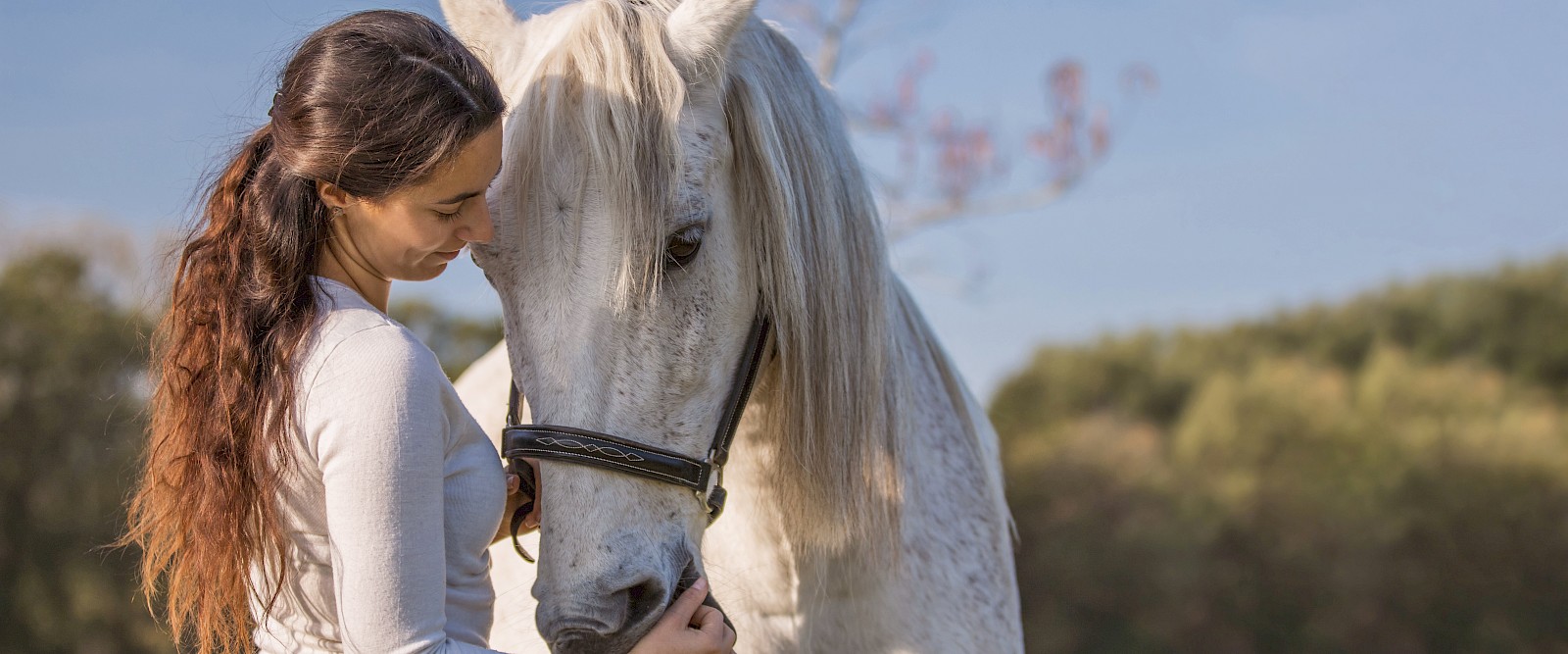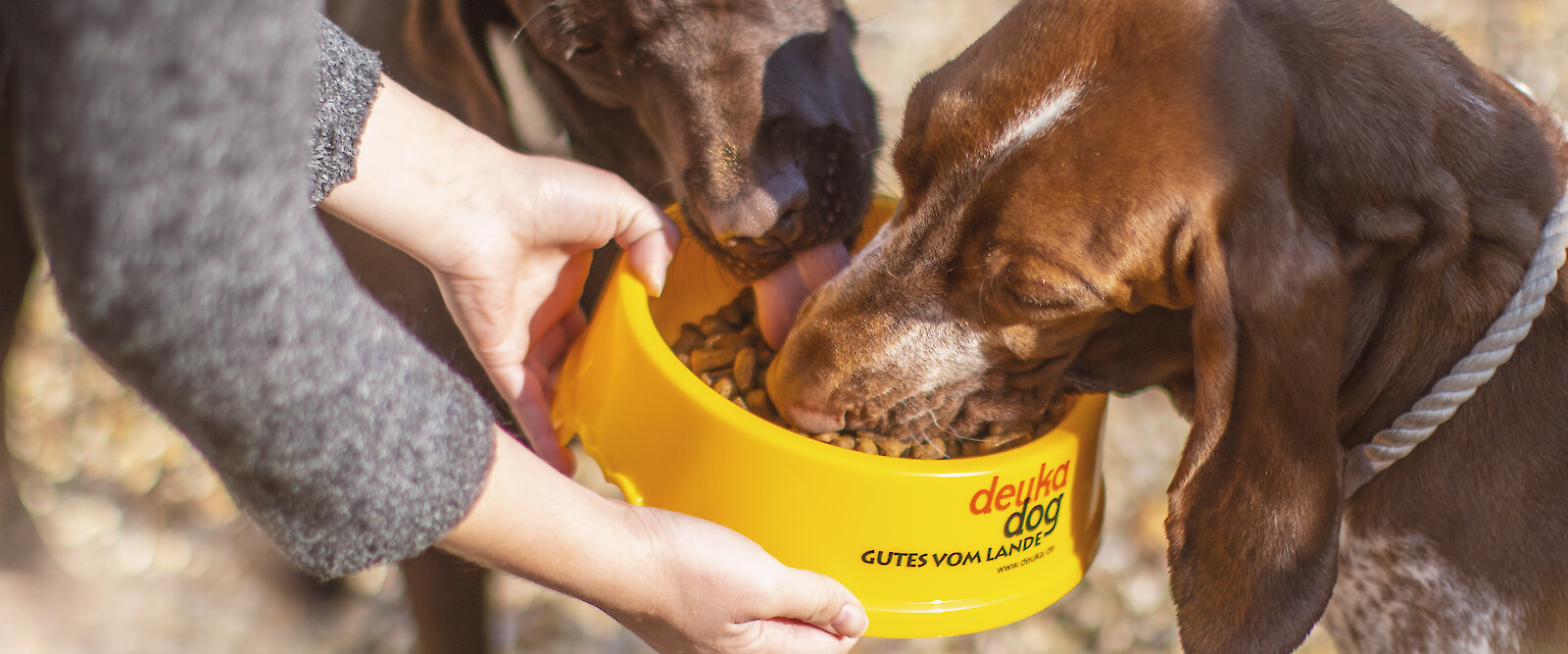Raw material and nutrient lexicon
Vitamin C
Almost all animals, with the exception of primates (including humans), guinea pigs and deer, can synthesise vitamin C from glucose themselves, as they possess the enzymes necessary for this (in the liver in mammals, in the kidneys in birds). Vitamin C is of great importance for the formation and metabolism of connective tissue. It is also involved in the formation of individual hormones and cell respiration. In addition, vitamin C has an influence on sperm quality and follicle maturation and is thus important for fertility. In addition, vitamin C has a positive influence on antibody formation and non-specific immunity in young animals. In almost all animals there is no real vitamin C deficiency. However, this does not mean that a vitamin C supply does not have positive effects in the animal's organism. Since the storage capacity of vitamin C in the liver (mammals) or in the kidney (birds) is very low, it can happen in so-called stress situations (illness, transport, etc.) that the organism's own synthesis to produce sufficient vitamin C is no longer sufficient. In these situations, symptoms such as low immune response, deteriorated fertility, delayed growth and reduced egg shell quality (heat stress) can occur in poultry. Vitamin C occurs naturally in only a few feeds and is rapidly degraded during storage. Especially in feeds for young animals, a targeted supplementation with vitamin C is carried out.
